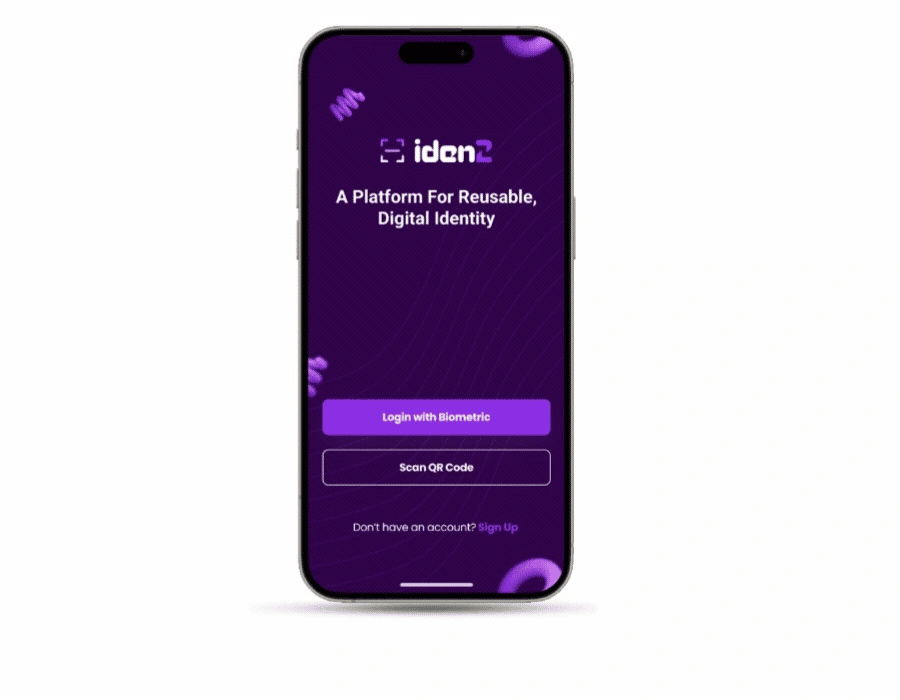Subscribe to wiki
Share wiki
Bookmark
Jeremy Ng
We've just announced IQ AI.
Jeremy Ng
Jeremy Ng is the founder of OpenEden, a platform that bridges traditional finance and decentralized finance by tokenizing U.S. Treasury Bills through their TBILL token, which received an investment grade rating from Moody's.
Overview
Jeremy Ng has established himself as a pioneering figure in the financial technology sector, specifically in the realm of real-world asset (RWA) tokenization. As the founder of OpenEden, he has led the development of innovative solutions that bring traditional financial instruments onto blockchain networks. His work focuses on creating regulatory-compliant platforms that enable institutional investors to access tokenized U.S. Treasury Bills and other financial products through decentralized finance (DeFi) infrastructure. Under his leadership, OpenEden has achieved significant milestones, including becoming the first platform to offer a Moody's investment-grade rated tokenized U.S. Treasury product [1].
Ng's approach combines deep expertise in both traditional finance and blockchain technology, allowing him to navigate the complex regulatory landscape while pushing innovation in financial services. His vision centers on democratizing access to financial products while maintaining high standards of security, transparency, and regulatory compliance. This balanced approach has enabled OpenEden to attract significant institutional investment and establish itself as a leader in the emerging tokenized real-world assets space.
Professional Background
Jeremy Ng has experience spanning both traditional finance (TradFi) and decentralized finance (DeFi) sectors. While specific details about his early career are limited in the provided sources, he is described as a "seasoned leader in both TradFi and DeFi" [1].
His LinkedIn profile indicates he is based in Singapore, suggesting he has professional connections to the Asian financial markets [2].
Achievements at OpenEden
Under Jeremy Ng's leadership, OpenEden has achieved several significant milestones:
- Secured the first-ever Moody's investment-grade rating for tokenized U.S. Treasuries, establishing legitimacy and credibility in the RWA tokenization space [1]
- Grew Total Value Locked (TVL) to $117 million, representing a 10x increase in 2024 [1]
- Attracted over 130 institutional investors, including major players like Ripple, BitGo, and Arbitrum [1]
- Developed the TBILL Vault, the first in the industry to offer 24/7 instant minting of tokenized U.S. Treasury products [1]
- Successfully deployed tokenized U.S. Treasury products natively on multiple blockchain networks, including Arbitrum and XRPL [1]
- Added BlackRock's BUIDL fund to OpenEden's TBILL reserve assets, enhancing liquidity and portfolio diversification [1]
Regulatory Approach
Jeremy Ng has positioned OpenEden as a regulatory-compliant platform operating within established financial frameworks. Key aspects of his regulatory approach include:
- Securing fund management licenses in Tier-1 jurisdictions, including Singapore, Bermuda, and the British Virgin Islands (BVI) [1]
- Viewing regulation as "an invaluable enabler for tokenized finance" rather than an obstacle to innovation [1]
- Balancing support for innovation in financial technology with adherence to regulatory oversight [1]
- Implementing transparent operations, including daily NAV reports prepared by independent fund administrators [1]
- Conducting annual financial statement audits on the fund to ensure accountability [1]
Vision and Philosophy
Jeremy Ng's approach to financial innovation is guided by several core principles:
- First principles thinking: Ng believes in "doing the right thing—though harder, less popular, and a longer path—will ultimately lead to sustainable results" [1]
- Democratizing financial access: His stated goal is "to build a new financial system that democratizes accessibility while ensuring it remains safe and secure" [1]
- Transparency: Ng emphasizes the importance of transparency in all operations, implementing real-time audits and robust security measures [1]
- Institutional-grade services: OpenEden under Ng's leadership focuses on meeting the needs of institutional investors with high standards of security and compliance [1]
Future Outlook
Jeremy Ng has outlined several areas for potential expansion beyond U.S. Treasury tokenization:
- Tokenization of additional liquid assets, particularly yield products [1]
- Expansion into tokenized public credit, including investment grade corporates, high-yield corporates, and emerging market debt products [1]
- Future development of tokenized equities and structured products [1]
- Addressing cross-chain compatibility challenges, including security risks in bridges, liquidity fragmentation, and ecosystem compatibility issues [1]
Challenges in Multi-Chain Environment
Jeremy Ng has identified three key challenges in the multi-chain environment for tokenized assets:
- Security risks in cross-chain bridges, noting that many DeFi exploits are bridge-related [1]
- Liquidity fragmentation for tokenized assets across different blockchain ecosystems [1]
- Compatibility issues between different blockchain ecosystems (EVM, Solana, Aptos, SUI, Cosmos, Ton) with their own smart contract languages and standards [1]
Tokenization-as-a-Service (TaaS)
Jeremy Ng has pioneered the concept of Tokenization-as-a-Service (TaaS) through OpenEden. His vision for TaaS includes:
- Enabling traditional asset managers to offer and distribute their funds on-chain without building in-house tokenization capabilities [1]
- Providing scalable and efficient tokenization services to asset managers, allowing them to focus on their core business [1]
- Creating partnerships between traditional asset managers and experienced service providers like OpenEden [1]
See something wrong?
